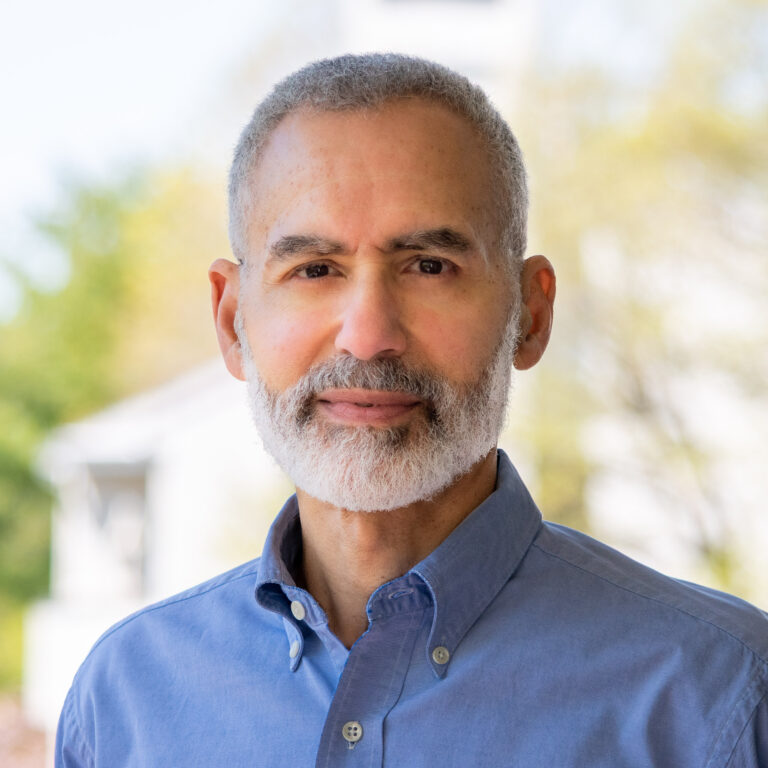Subscribe to Our Newsletter
You’ll receive information about upcoming Stoic events. No spam. We promise.
President & Chairman

Bill spent years exploring life philosophies, well-being methodologies, and wisdom traditions before discovering Stoicism in 2014. His first encounter with the philosophy occurred while reading a chapter on Stoicism in the book, The Antidote: Happiness for People Who Can’t Stand Positive Thinking by Oliver Burkeman. Intrigued by the author’s depiction of Stoicism, Bill went on to read many books on the philosophy by ancient and modern writers. During this time, he faced the challenge of caring for his seriously ill father and coping with his death. Weathering this difficult time by practicing Stoic principles convinced him of the philosophy’s efficacy as a useful philosophy of life. Unable to find a Stoic group in the Philadelphia area, Bill founded Philadelphia Stoa (then called the Philadelphia Stoics) to attract people wanting to learn, discuss, and apply Stoic principles in their daily lives. He hosted its first meeting in May 2018, believing that forming a community to help and inspire one another was the most effective way to progress toward Stoic virtue. Bill now serves as the president of the Philadelphia Stoa.
Bill is a retired communications specialist and certified life and wellness coach. Drawing largely from positive psychology and cognitive behavioral coaching, Bill has facilitated wellbeing workshops and support groups dealing with loss, illness, aging, relationships, modern masculinity, and depression prevention. At the lifelong learning institutes of Immaculata and Widener Universities, Bill has taught courses on the science of happiness and, more recently, on Stoicism. Some of his topics include The Stoic Path to Happiness and the Meditations of Marcus Aurelius.
Stoicism gives me a framework for living a good life—a life of virtue, meaning, tranquility, and joy. It fills my need for a complete philosophy of life that moves me toward eudaimonia, the best type of life available to a human being. Stoicism is thus not an ivory tower philosophy, but a practical way of life.
Grounded in reason and pro-sociality, Stoicism accords with my highest values. As such, I see my most important role in life as that of a practicing Stoic. This primary role enables me to fulfill my other life roles guided by the Stoic virtues of wisdom, courage, temperance, and justice.
Derived from the ancients’ understanding of the three parts of philosophy—physics, logic, and ethics—Stoicism provides a coherent worldview and approach to living. It helps me internalize that I am an inseparable part of a worldwide community of human beings capable of reason, and that what is good for me as a rational being is good for the community and vice versa. Also, in striving to live a life of virtue, our most important endeavor, and making others aware of this mode of living, I feel I am contributing to the wellbeing of humankind.
You’ll receive information about upcoming Stoic events. No spam. We promise.